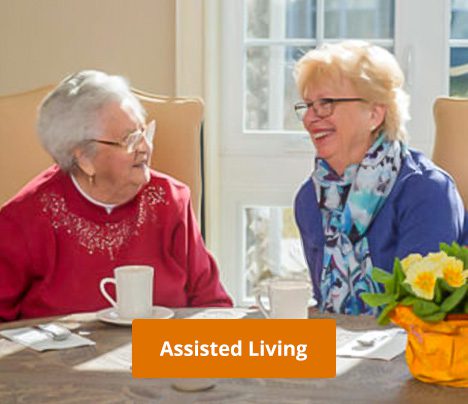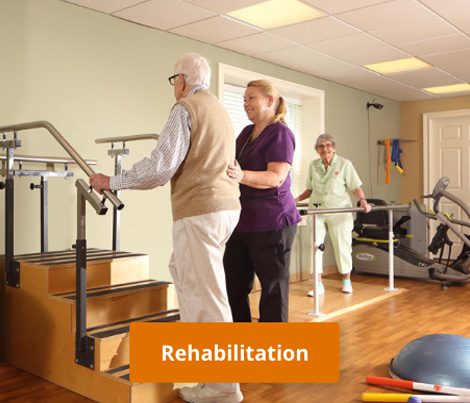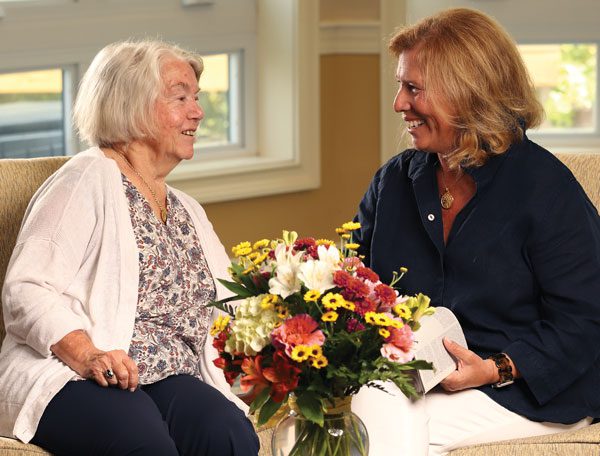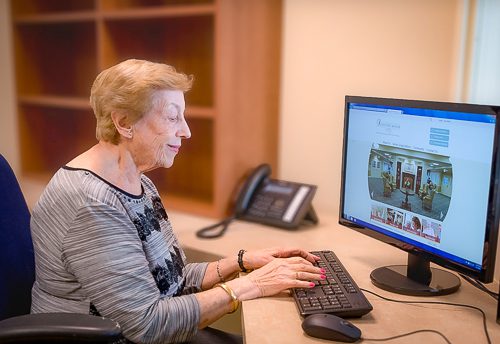10 Ways to Help Seniors Manage Life’s Changes
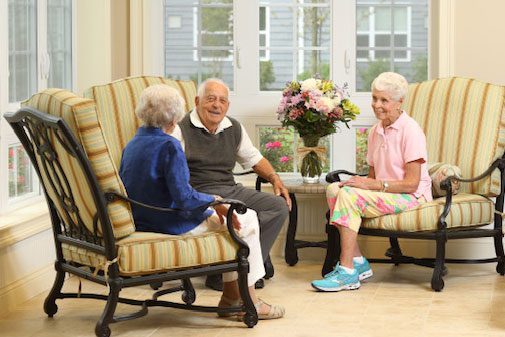
Learn practical ways to support your senior loved ones.

We all know that the one constant in life is change. And change – even positive change – can bring some added stress, especially for seniors.
The good news is that while change can be stressful, seniors are often the best equipped to manage it. A lifetime of experience with change brings built-in resilience and wisdom. Plus, older adults overall report higher levels of wellbeing than other age groups, which can help them adapt and adjust to life’s changes.
Whether it is change in the world at large or a change in their world, there are many ways to help your senior loved ones thrive as life changes. In fact, for caregivers, helping senior loved ones manage change may be a matter of helping them draw on their own resources, while providing an environment of support and dependability. And, you may find that it helps you, too!
Why is change stressful for seniors?
Both the challenges and joys that come with aging bring uncertainty. While uncertainty is stressful at any age, it can be especially challenging for seniors who worry that they may lack the resources or independence they had to manage change in the past.
Change is physically difficult, too, whether navigating a new medication regimen or navigating a new environment. Just as an older person may take a bit longer to recover from a cold or minor illness, they may take longer to adapt to changes as well.
What are the effects of stress for seniors?
Stress has both physical and emotional effects. The physical effects of stress in seniors are similar to effects of stress at any age. However, the effects can be more challenging when they exacerbate other health conditions.
For example, increased blood pressure due to stress can be concerning for seniors with heart conditions, so it is important for caregivers to be calm and consistent. Likewise, stress related fluctuations in appetite can present an additional hurdle for seniors whose appetite or diet already has been affected by medication or age-related changes. Structured, social mealtimes, and availability of nutritious, fresh food make it easier to adapt.
While seniors overall report the highest levels of emotional wellbeing, stress can still be challenging. Temporary experiences of forgetfulness, irritability, or sadness are normal responses to stress. For seniors, though, memory and mood changes can be particularly alarming. Keeping a steady routine with friends and peers nearby for socialization can help elevate mood and keep seniors feeling sharp.
How can you help your senior loved one manage life’s changes?
There are many ways that you can help your senior loved one cope – and thrive – in changing times. Here are ten practical ways to support your senior loved one as life changes.
- Be a source of consistency. Communicate at the same time every day or week.
- Support their independence. During a major change, like a move to a senior community, respect your loved one’s independence by offering them choices. Support your loved one in making the choices that are important to them. Keep choices well-defined in order to avoid “decision fatigue.”
- Listen and validate. Sometimes people going through changes just need someone to listen. You may not always be able to fix the source of worry, but you can help those you love to feel that they are respected and understood.
- Identify their coping mechanism and support them in accessing it. From music to long walks to meditation or prayer, everyone has different ways of alleviating stress. If your loved one’s coping mechanism is difficult to access, help them find alternatives. For example, if a long walk isn’t possible, find ways to bring the outdoors inside, and help them to get moving.
- Try something new together. Lifelong learning is linked to improved overall health and stress reduction. Learning a new skill or subject can be a rewarding way for them – and you – to refocus and relax.
- Plan ahead. Have a plan in place for scenarios that are of concern to your loved one. For example, if a caregiver has been helping with groceries and transportation, have a plan in place for times that caregiver may not be available, and make sure that it is communicated clearly.
- Have difficult conversations now. As their health changes, many seniors face uncertainty about how they will maintain their independence. Start the conversation now, before you are facing an emergency. See our guide to starting the conversation about moving to a senior living community.
- Remind them of their resilience. Look to the past for examples of strength. Ask questions about other times that they successfully managed major changes in their lives.
- Help them get a good night’s sleep. While it’s normal to experience changes in sleep patterns with age, rest is essential. Sleep “resets” the release of stress hormones. Check the environment for sources of sleep disturbance, like curtains that let in too much light, or a thermostat that could be reprogrammed.
- Bring comfort. A little comfort can go a long way! Surprise them with small gifts that delight the senses: their favorite snack, a cozy sweater, or a favorite perfume.
When life changes, talk, plan, and listen. And remember that our senior living experts are here to help, too.
Learn More About Why Families Rely On Sunnyside Manor
Sunnyside Manor offers assisted living, memory support, and skilled nursing and rehabilitation. Learn more about Sunnyside Manor’s resources for caregivers. Whether you’re looking for short-term support or a longer-term plan, we are here to help. Begin with our “Getting Started” guide. Times have changed, and so have our admissions protocols. Please call us at 888-696-2052 to speak with a senior living expert.
Sunnyside Manor, located in Wall NJ, is the area’s premier senior living community. It features three distinctive neighborhoods: Independence ‘Plus’ Assisted Living, Recollections Memory Care and Skilled Nursing and Rehabilitation.

